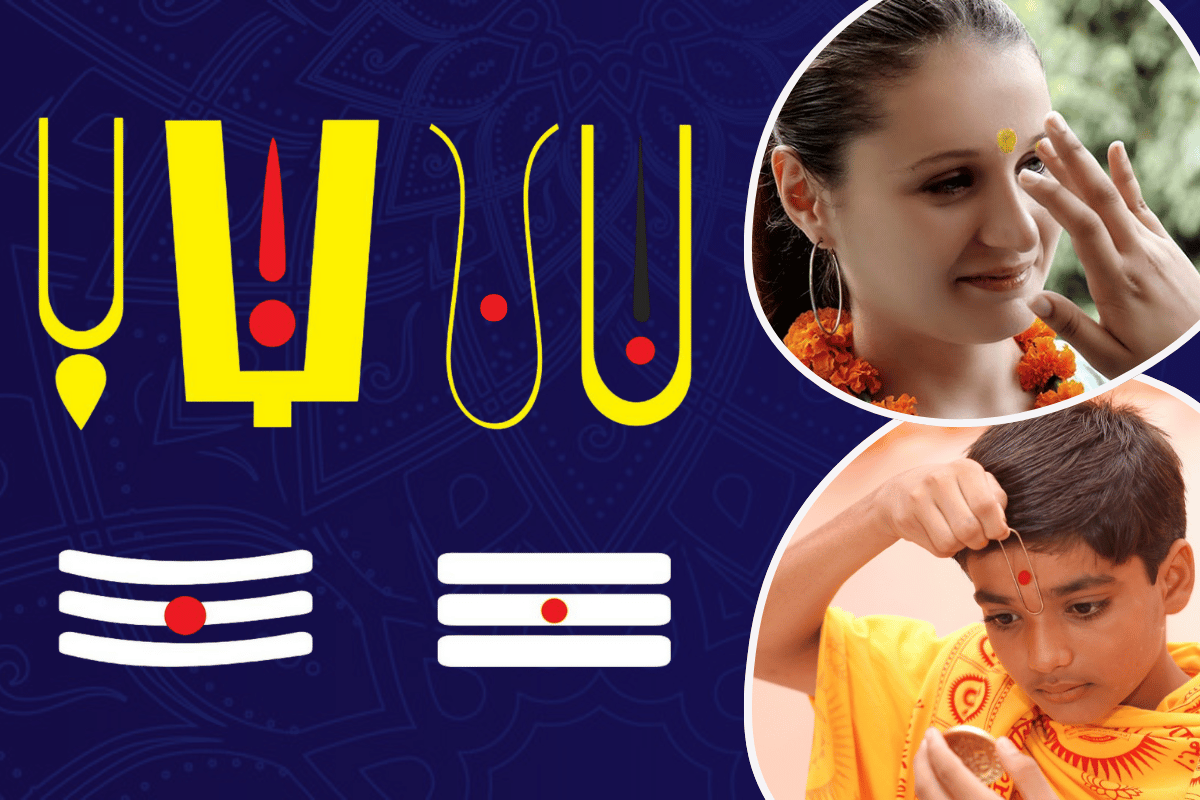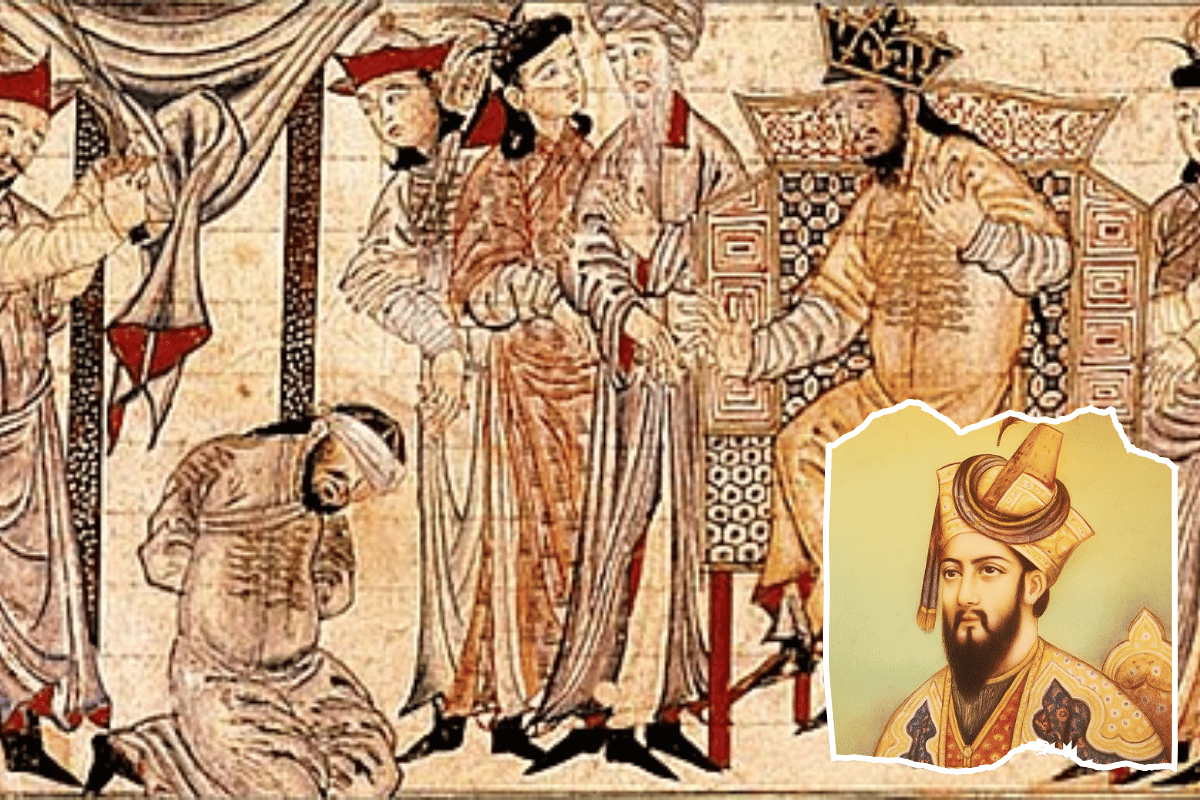
Sunday mornings are often reserved for relaxation and reflection. However, the episode of “Sunday Morning Live” on 8th July 2024 was anything but calming for many viewers. The segment on CrossYoga, an organisation blending yoga with Christian prayers, highlighted significant issues of cultural appropriation, misinformation, and anti-Hindu hate (Hinduphobia).

“Sunday Morning Live”, a weekly show on BBC One, presents itself as a religious and current affairs program. It typically includes segments with a religious angle, featuring invited guests and interactive viewer involvement. This particular episode introduced CrossYoga through a discussion between the presenter, Sean Fletcher, and the organisation’s creator, Rie Frilund Skarhoj.
The discussion was rife with problematic statements. Claims such as “yoga based in Christianity,” “there is no original yoga,” and “yoga is an exercise tradition” are not only misleading but also dismissive of yoga’s deep-rooted heritage. The assertion that one can practice yoga without its Hindu elements is a blatant disregard for its origins and spiritual significance.
Sean Fletcher’s question, “How is this different from the normal yoga we see in gyms?” revealed a troubling lack of understanding. This portrayal reduces yoga to a mere physical exercise, ignoring its comprehensive spiritual and philosophical dimensions rooted in ancient Indian culture.
The CrossYoga website describes the practice as “modern yoga rooted in Christ, which seeks to awaken, heal, and strengthen body, mind, and soul.” This description, along with statements made during the segment, exemplifies cultural appropriation. CrossYoga appropriates yoga, stripping it of its historical and cultural significance to repackage it in a form more palatable to certain Christian audiences. This is analogous to discussing African hairstyles without acknowledging their cultural origins, which would understandably cause an uproar.
“Just to be clear, CrossYoga might be exercise, they might have Christian prayers, but one thing it definitely is not – is yoga.”
Moreover, the segment ignored why some Christians might be “warned off yoga”, as stated in the show by Judi Singleton, a UK-based teacher of CrossYoga. This omission glosses over the fact that some Christian communities view yoga with suspicion due to its Hindu roots, sometimes labelling it as “devil worship.” Addressing these prejudices could have been an opportunity to foster understanding and dispel myths.
The CrossYoga segment on “Sunday Morning Live” also underscores issues of white supremacy and privilege. The rebranding of yoga to suit Christian sensibilities without acknowledging its Hindu origins reflects a colonial mindset. Historically, Christian colonisers sought to “civilise” those they deemed heathens, stripping indigenous practices of their spiritual and cultural significance.
Today, this attitude persists in the form of cultural appropriation. White practitioners and organisations like CrossYoga utilise their privilege to whitewash yoga, removing its historical context to make it more acceptable to a Western audience. This act is not just disrespectful but also an extension of white supremacy, where Western interpretations and modifications of non-Western practices are seen as superior or more valid.
Financial exploitation is another troubling aspect. Organisations like CrossYoga profit from a practice they have appropriated and misrepresented, further marginalising the culture from which it originates. This commodification of yoga by erasing its roots is both disrespectful and damaging.
This phenomenon is akin to rebranding and commercialising culturally significant practices for profit while disregarding their origins and the communities that created them. It reflects a broader trend of white privilege where cultural elements are appropriated without acknowledgement or respect, perpetuating a cycle of cultural erasure and domination.
The reaction on social media following the episode was swift and clear. Yoga practitioners and cultural advocates worldwide expressed their disappointment and frustration. It is inconceivable that a national platform would allow such misinformation and cultural insensitivity to be broadcast.
Yoga is inclusive and open to all, regardless of background or belief. It does not require new prayers, conversion to another faith, or belief in a one true god. It is crucial to honour and respect its origins and the culture it comes from. Appropriation and distortion of yoga’s essence for convenience or profit are unacceptable.
In light of this, “Sunday Morning Live” must acknowledge this misstep. Ensuring future segments are culturally aware and respectful is imperative. An apology to viewers and the global yoga community, along with a commitment to thorough research and balanced representation, would be a step in the right direction.
This episode of “Sunday Morning Live” serves as a reminder of the importance of cultural sensitivity and the need to address cultural appropriation in all forms. Yoga, with its profound spiritual and cultural roots, deserves respect and accurate representation.
Just to be clear, CrossYoga might be exercise, they might have Christian prayers, but one thing it definitely is not – is yoga.









